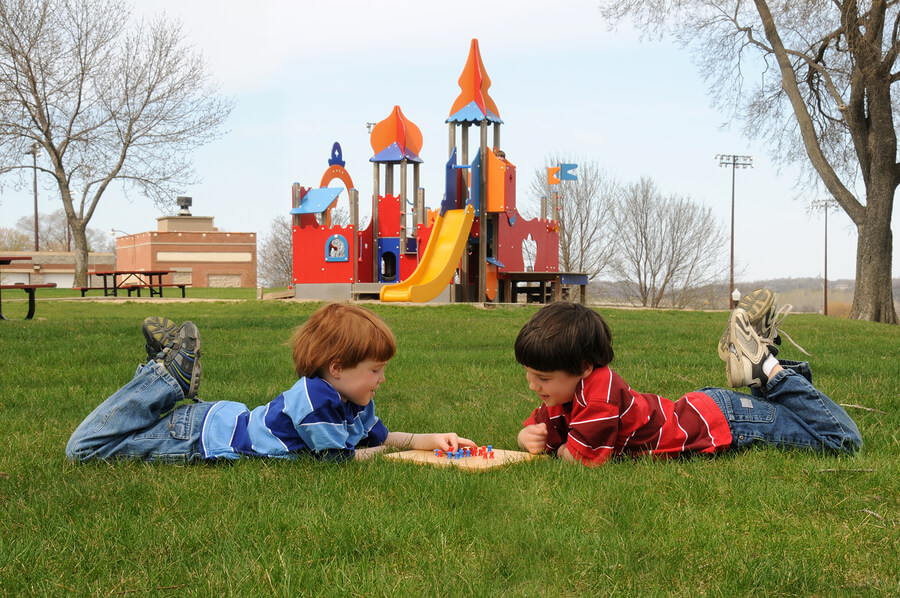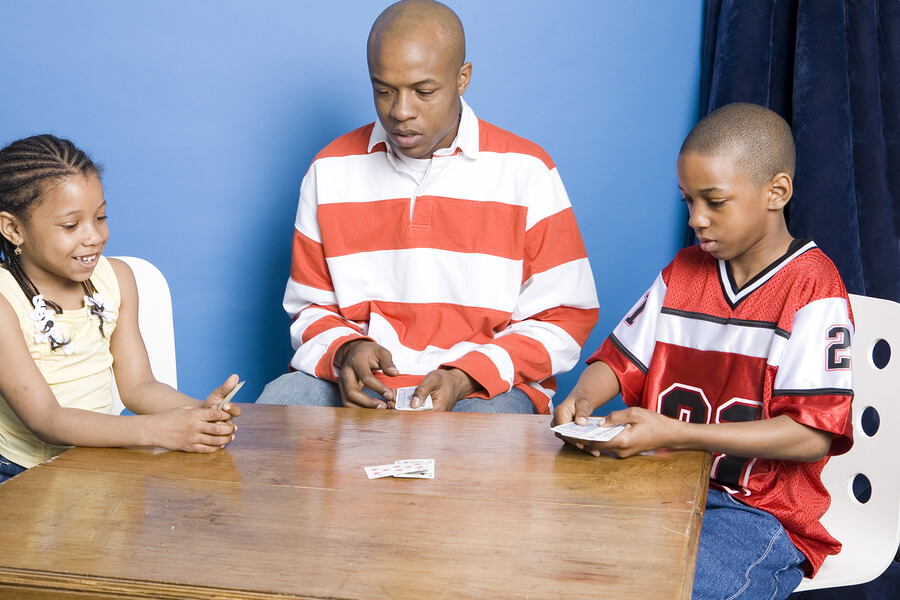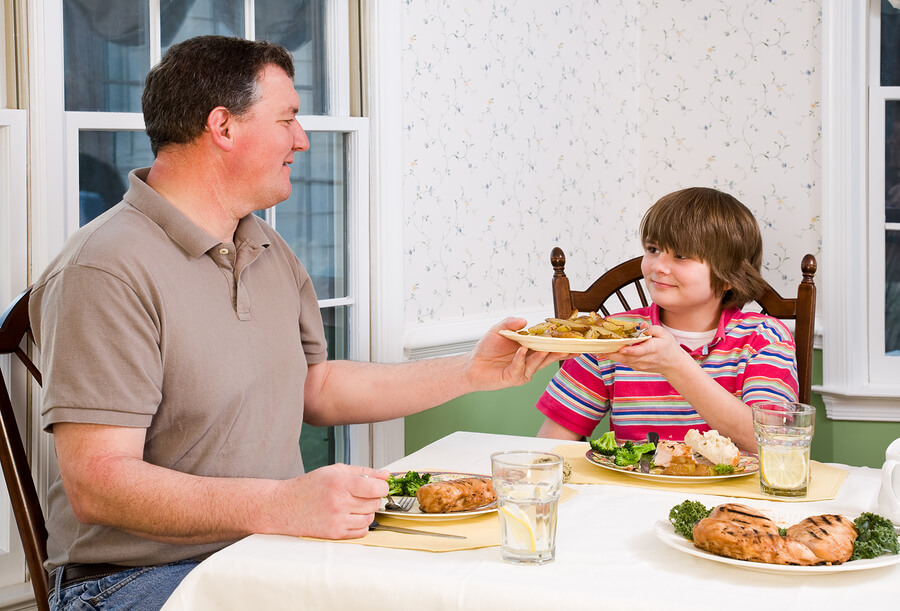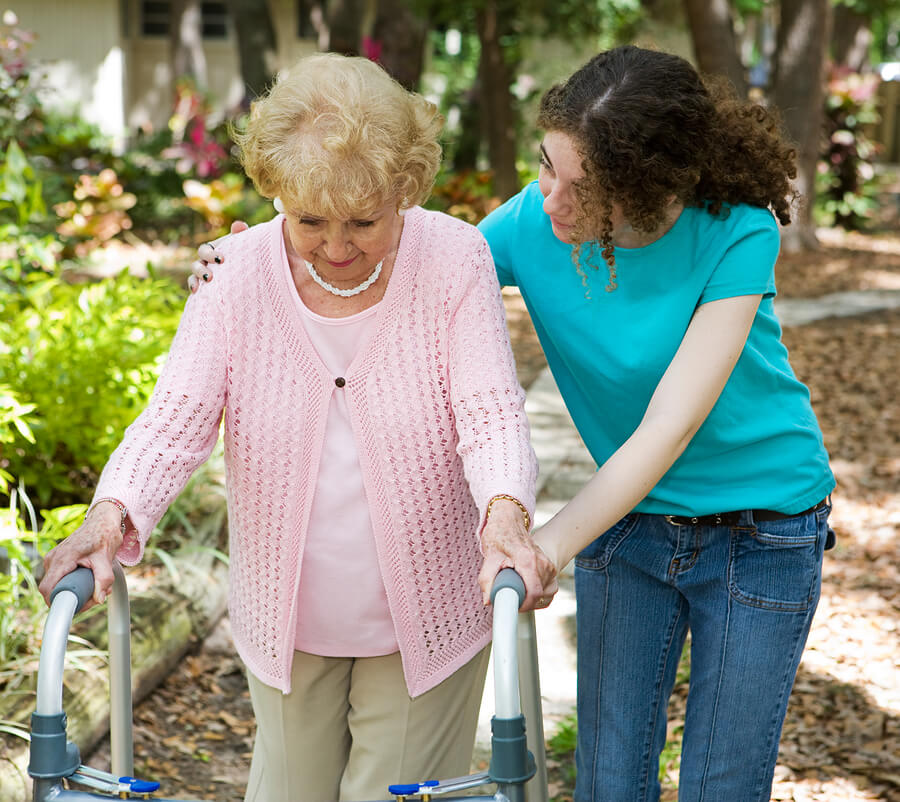by: Erin Dower
What's the path to good manners for your children? Get age-appropriate tips for raising polite children, from toddlers to teens, who behave well at the dinner table and beyond.

Ages 1-2: Saying the Magic Words
Your little ones will be busy bodies at the table and elsewhere, so be patient as they're developing the skills to sit at the table, eat with utensils, and say the magic words. Try these activities with your toddler:
- Use stuffed animals, dolls, or puppets to play dinnertime or teatime and practice saying "May I," "Please," "Thank-you," and "You're welcome."
- Encourage him to say "Excuse me" for burping (and bumping into others), and "I'm sorry" for being naughty. Don't make a big deal of burps and messes at the table when he's still little. It will take time to pick up good table manners.
- Have your children hand you their cup or bowl when they're finished. This is a precursor to helping clear the table. They can help bring napkins and kid-friendly dinnerware to and from the table, too.

Ages 3-6: Playing Well With Others
Preschool and the early grades will help your child socialize with his teacher and other kids and practice good manners. Toys and games can help him pick up the skills of sharing and taking turns. Work on these manners with your younger child:
- Sharing his toys, taking turns, and playing fair with other children.
- Keeping his hands to himself and never hitting or name-calling.
- Picking up toys, books, and dirty clothes. Use this printable on clean-up time to help him learn.
- Helping set and clear the table (of anything child-friendly) at mealtimes.
- Saying good-bye and thank-you when leaving a friend's house or party.

Ages 3-6: Listening and Speaking on Turn
In school, your child will learn to raise her hand before speaking. At home, make sure she pays attention when someone is talking and doesn't interrupt. Try these tips:
- Practice good listening as a parent so that your child can model your skills.
- Ask her to look at and listen to the person who's speaking and say "Excuse me" if she has something to say.

Ages 3-6: Making Introductions
This one can be tricky, especially if your child is shy around strangers. But learning to introduce himself at a young age is an impressive social skill that might help him make new friends. Here's how:
- Practice shaking hands and saying "Hi, my name is..." at home with his siblings or even dolls or toys so that she gets used to the idea.
- Teach him more introduction etiquette, such as whether to call someone Mr. or Mrs., and how to be nice when older family members want to hug or kiss him.

Ages 7-10: Being Gracious
Reinforce saying thanks and let her practice her letter-writing skills by working on thank-you cards for gifts she receives. Here are some helpful hints:
- Have her make a list of who came to her birthday party, gave her a holiday gift, or did something nice for her.
- Buy or – even better – make some thank-you cards on special paper and try this thank-you card writing activity.

Ages 7-10: Being a Good Sport
Games and sports can continue to help your children play by the rules and interact well with their siblings and peers. Work on these skills:
- If your child is playing with younger kids, make sure he plays fair and lets the little ones have their turn and chance to shine.
- Explain good sportsmanship, teamwork, and how to accept help and coaching.
- Find an afterschool sport or activity that brings out the best in your child.

Ages 7-10: Respecting Others' Belongings and Privacy
Children of all ages get curious. Make sure your child understands boundaries:
- Go over rules for privacy, ownership, and space in your household. Tell your child she always needs to ask permission before touching or taking things from family members and friends.
- As a family, make or decorate door signs or doorknob hangers for everyone's bedroom to show that it's their own space. Ask your children to knock before entering if a door is closed.

Ages 11-13: Being a Good Guest
Give your tween guidelines for good behavior as a guest. Ask him to observe the host parents' rules even if they're different from your house rules:
- Don't overstay his welcome. Talk with the host parent about when he should come home.
- Use his best table manners.
- Speak and listen respectfully, making eye contact and not rolling his eyes. Don't tolerate swearing or other rude behavior.
- Clean up after himself and thank the host family before leaving.

Ages 14-18: Respecting You and Other Adults
Your teen's respect toward you and other adults might waiver, but don't let her get away with being rude or blowing you off. Maintaining good manners at this age will set her up for more successes in adult life:
- Listen to your teen and expect her to listen to you in return. Mutual respect is more important than ever during your child's teen years.
- Tell her that being on time for appointments and other plans is a sign of respect, so don't be late.
- Encourage her to help older people when they need a hand. Volunteering is a great way to practice good manners and interacting with different kinds of people.
- Give your teen time for privacy and using new media, like cell phones and music players. But ask for her full attention when you're talking or eating with her. Most teens are obsessed with media, so setting rules for appropriate use will help her learn good etiquette.



